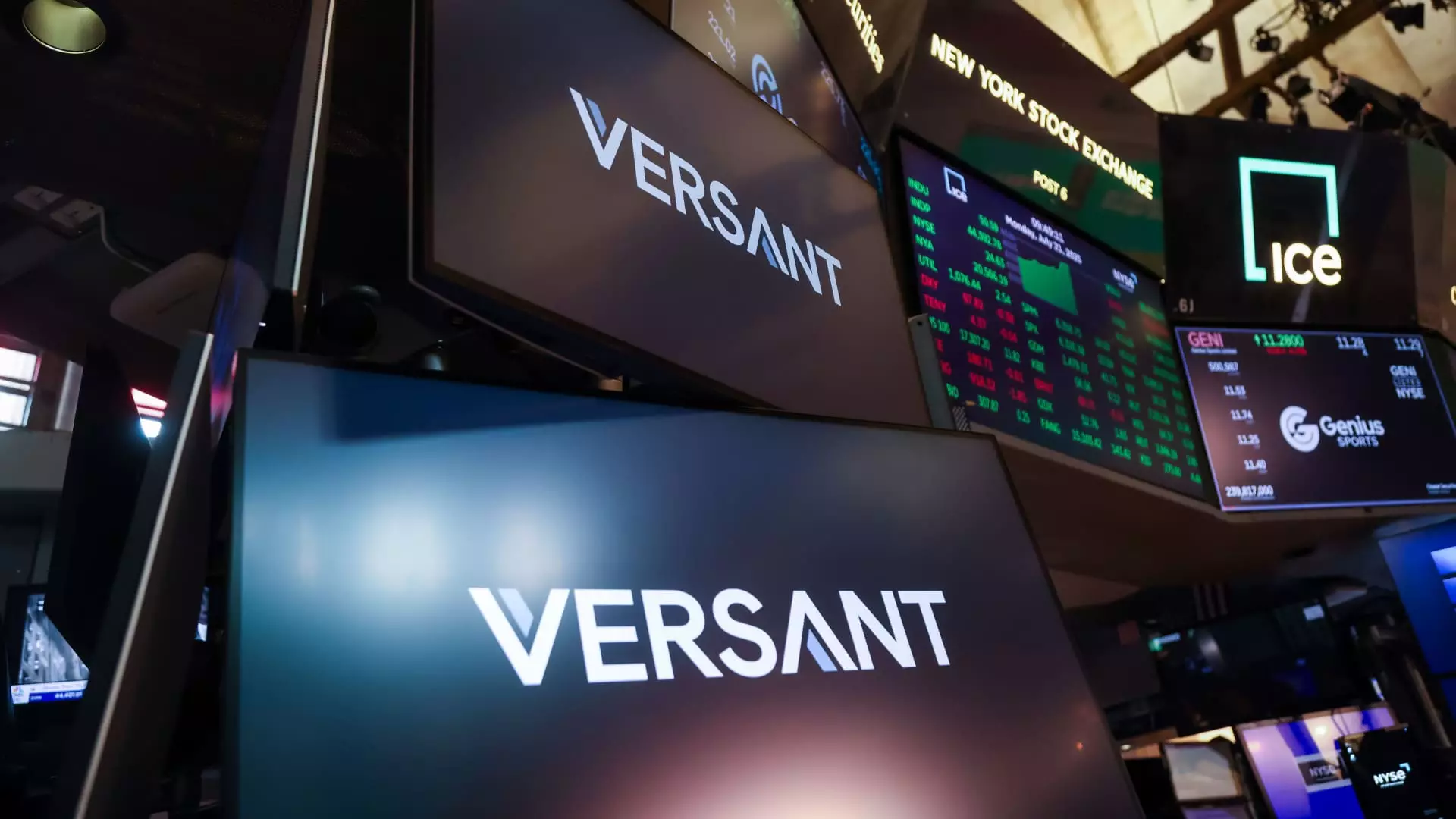The announcement of Versant, Comcast’s daring move to spin out its cable networks under an independent umbrella, marks more than just a corporate restructuring; it’s a statement of intent. By creating a new entity with a diverse and highly accomplished board, Comcast is signaling its recognition of the shifting landscape of media, technology, and consumer engagement. However, beneath this ambitious facade lies a complex web of risks and opportunities that demand scrutiny. As a centrist voice wary of losing grip on our shared cultural corridors, I see this as both a necessary evolution and a perilous gamble that could reshape the industry’s power balance for better or worse.
The composition of Versant’s board is particularly telling. The mix of media veterans, financial strategists, and tech innovators suggests an attempt to blend traditional media strengths with innovative growth vectors. Yet, this conglomerate of elite backgrounds also raises questions about whether this move will genuinely empower consumer choice or merely entrench existing corporate hierarchies under a new guise. The question on everyone’s mind: Is this strategic divestment an act of liberation or a calculated retreat designed to consolidate influence subtly?
An Elitist Board That Mirrors the Industry’s Old Guard
The board’s composition reads like an industry who’s who—Mark Lazarus at the helm as CEO, David Novak steering as prospective chairman, and figures with deep ties to Disney, Starbucks, Deloitte, and major financial institutions. Their backgrounds are impressive, but they also expose a troubling pattern: a lack of diverse grassroots perspectives. In an era demanding more inclusive narratives, this clique’s makeup suggests that Versant’s strategy might be more about consolidating elite influence than democratizing media content.
Having leaders who have thrived in traditional corporate environments, like Lazarus and Novak, indicates an alignment with existing power structures. Their experience appears invaluable for stabilizing a new entity, yet it also raises skepticism about whether Versant can innovate genuinely or simply replicate past business models under new ownership. The inclusion of tech and AI figures like David Eun does hint at a forward-thinking approach, potentially fostering synergy between media and emergent technologies, but it remains to be seen whether their influence will translate into diverse, grassroots-driven content.
The Risk of Marginalizing the Consumer in Favor of Corporate Agenda
One of the most concerning realities here is that the focus remains firmly rooted in maximizing shareholder and corporate interests. As the industry grapples with rising competition from streaming giants, social media platforms, and global content creators, the move to spin off the cable and digital assets could either be a strategic pivot or a veiled retreat. Given that Versant will oversee NBCUniversal’s cable networks and digital properties like Fandango and Rotten Tomatoes, there’s a looming threat that consumer choice might be sacrificed at the altar of corporate efficiency and profitability.
This decision, cloaked in the language of innovation and independence, risks further alienating the average viewer—those who crave more meaningful, diverse, and local content rather than the homogenized offerings of large conglomerates. The challenge for Versant—and indeed for all industry players—is to prevent the hollow victory of corporate independence from morphing into an insidious form of exclusivity, where only well-connected elites shape public discourse and entertainment.
The Broader Implication: A Test of Media’s Future Forward
Ultimately, Versant’s launch signifies a crossroads in the evolution of media. While it certainly presents an opportunity to foster more agile, innovative content strategies rooted in technological advancement, it also epitomizes the risk of reverting to a familiar pattern—elite networks controlling cultural narratives under the guise of independence. This maneuver could either disrupt the current monoliths or perpetuate their dominance through a shiny new facade.
In my opinion, this bold reorganization underscores a larger, unavoidable truth: the media landscape must be continually challenged and reimagined, not just rationalized through corporate restructurings. True progress hinges on balancing innovation with inclusivity, on fostering channels of diverse voices rather than defaulting to a clique of powerful individuals shaping what we see, hear, and think. Only time will tell whether Versant’s spinout will serve the public interest or simply advance the interests of its corporate creators, cloaked in a veneer of independence.

